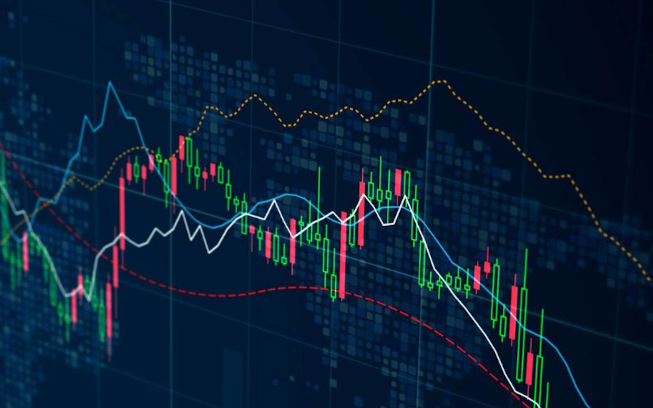Forex trading, also known as foreign exchange trading, involves the buying and selling of currencies to profit from changes in their exchange rates. For novice traders entering this dynamic market, grasping the fundamental concepts, and developing a solid foundation for success is essential. This article will explore crucial tips for those new to forex trading. For more information on the forex market, you can visit this site.

Understand the forex market’s unique characteristics
The forex market operates 24 hours a day, five days a week, making it one of the most accessible and liquid markets in the world. It is decentralised, meaning it doesn’t have a central exchange like the stock market. Instead, forex trading is conducted over-the-counter (OTC) through a network of banks, brokers, and financial institutions.
Novice traders must familiarise themselves with these unique characteristics. They should understand the significant currency pairs, which include the most traded currencies globally, such as the US Dollar (USD), Euro (EUR), Japanese Yen (JPY), and British Pound (GBP). Learning about the different trading sessions—Asian, European, and North American—will help novice traders identify optimal trading times based on their schedules and preferred currency pairs.
Start with a solid trading plan
A well-defined plan is the cornerstone of success in forex trading. It outlines a trader’s goals, risk tolerance, entry and exit strategies, and money management rules. Novice traders should take the time to create a clear and comprehensive trading plan before executing any trades.
This should include specific criteria for entering and exiting trades and guidelines for managing risk. For example, novice traders might set a maximum percentage of their capital that they are willing to risk on any single trade. This helps protect against significant losses and ensures that no single trade has the potential to wipe out their entire account.
Practice with a demo account
Before diving into live trading, novice traders should consider practising with a demo account. These simulated trading platforms allow traders to experience the forex market in real time without risking real money. Demo accounts provide a risk-free environment where novice traders can test their strategies, practice executing trades, and become familiar with the trading platform.
Using a demo account also helps novice traders develop discipline and emotional control, as they can experience the ups and downs of trading without the pressure of real financial consequences. It’s valuable in building confidence and honing skills before transitioning to live trading.
Employ proper risk management techniques
Risk management is a critical aspect of forex trading that can’t be overstated. Novice traders should only risk what they can afford to lose on a single trade. This involves setting stop-loss orders, predetermined points at which a trade will be automatically closed to limit potential losses.
Diversifying trades across different currency pairs can help spread risk. Novice traders should avoid over-leveraging, as excessive leverage can amplify profits and losses. A common rule of thumb is to use at most 1-2 % of trading capital on a single trade.
Stay updated on global economic events
Economic indicators, central bank policies, and geopolitical events heavily influence the forex market. Novice traders should stay informed about major economic releases like GDP reports, employment data, and interest rate decisions, as these can cause significant movements in currency prices.
Keeping an eye on news and events that could impact the countries whose currencies you’re trading is crucial. For example, political instability, trade agreements, or natural disasters can substantially affect currency values.
Utilise fundamental analysis for informed decisions
Fundamental analysis involves evaluating the economic, political, and social factors that can impact a currency’s value. Novice traders should familiarise themselves with key economic indicators like inflation rates, interest rates, employment figures, and events like elections or geopolitical tensions. Understanding how these factors influence a country’s currency can provide valuable insights for making informed trading decisions.
For example, if a country’s central bank signals an intention to raise interest rates, it may lead to an appreciation of that country’s currency. Novice traders who incorporate fundamental analysis into their trading strategy can better understand the forces driving currency movements, enabling them to make more informed and strategic trades.
All in all
As a novice trader, embarking on a forex trading journey can be exciting and challenging. By understanding the unique characteristics of the forex market, creating a solid trading plan, practising with a demo account, employing proper risk management techniques, and staying updated on global economic events, novice traders can set themselves up for success in this dynamic and potentially lucrative market.
It’s important to remember that successful trading requires time, patience, and a commitment to continuous learning. Novice traders should approach the market cautiously and avoid rushing into live trading until they feel confident in their strategies and abilities. With a disciplined approach, novice traders can confidently and precisely navigate the world of forex trading.